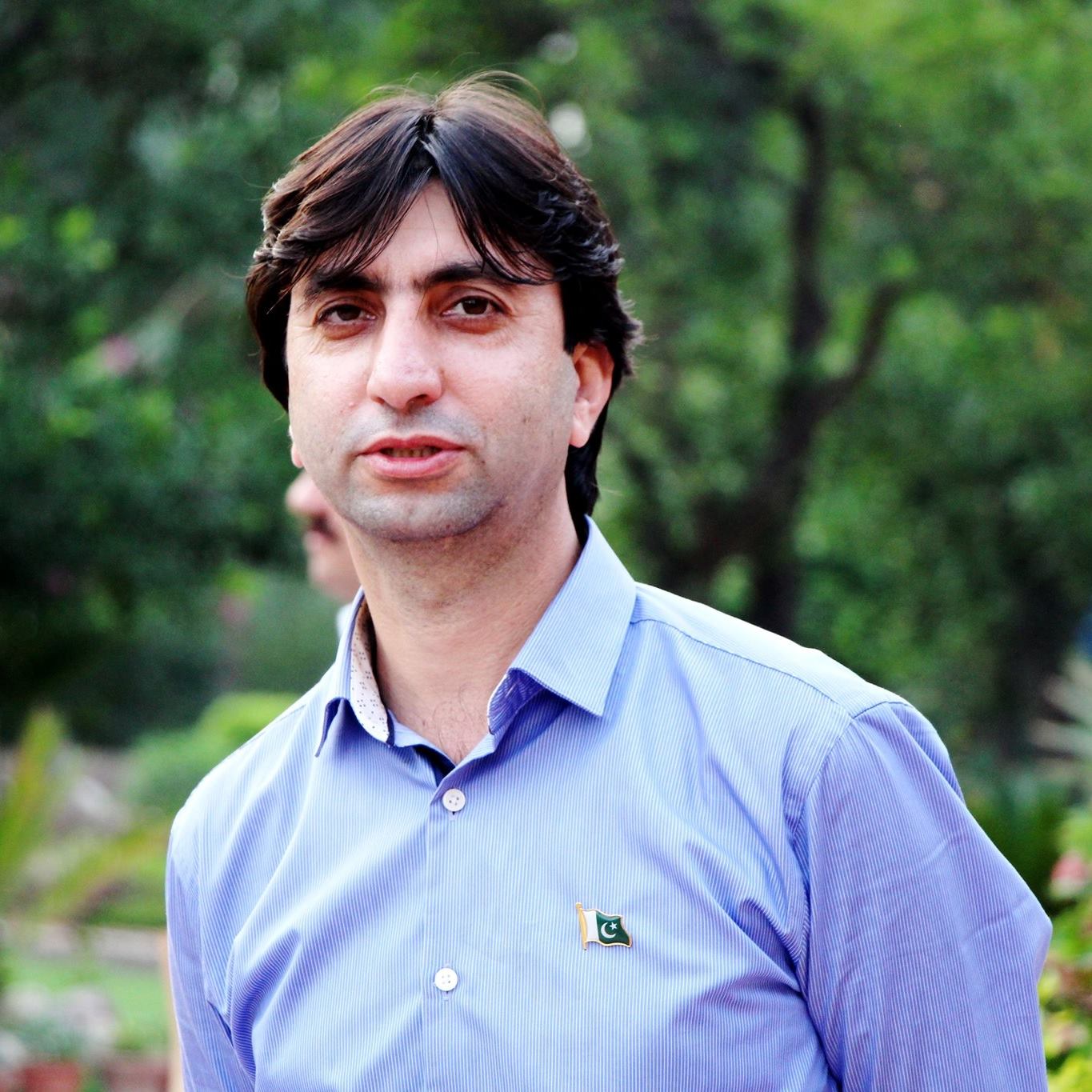






Follow us:



SPONSORS
Technical co-sponsors
SEPTEMBER 10-12, 2018 ISLAMABAD, PAKISTAN
PGSRET
2018
4rth International Conference on
Power Generation Systems and Renewable Energy Technologies
KEYNOTE SPEAKERS


© Copyright PGSRET 2018 All Rights Reserved


IEEE ISLAMABAD SECTION



LOCAL KEYNOTE SPEAKERS





Abstract
Biocomposites exhibit properties like many petrochemical-based polymers composites. They have the potentials be used in the automotive and decking industries and as biodegradable packaging. However, the high cost as well as, poor mechanical and thermal properties have restricted their widespread use. There are a number of technical issues that need to be addressed before bio-composites can be widely used.
I this research the effect of Talk on biopolymer ( PLA) were investigated . The thermal and mechanical properties of the composites were studied by means of Differential Scanning Calorimetry (DSC), Tensile Testing and Dynamic Mechanical Analysis (DMA), while morphology and crystallization processes of the composites were studied by hot stage optical microscopy. The experimental results are also compared with different theoretical models of the response of the composites. The effect of talc on the crystallinity and mechanical properties of a series of polylactic acid (PLA) / talc composites was investigated. PLA - talc composites were developed by incorporating different types of the talc into the PLA in the ratios of 10, 20 and 30 (wt %). The composites were prepared by melt blending followed by compression moulding. It was found that talc acted as a nucleating agent and increased the crystallinity of the PLA from 2% to 25%. There was significant improvement in Young's modulus of the composites with increasing talc addition and these results were found to fit the Halpin Tsai model. Thermo-mechanical tests confirmed that the combination of increased crystallinity and storage modulus leads to improvement in the heat distortion properties.
Cv : Download
Title:
Dr. Abdul Shakoor
Associate Professor
Department of Mechanical Engineering,
University of Engineering & Technology Peshawar, Pakistan.
Phone: +92- 91- 92144649
E-mail: [email protected]























